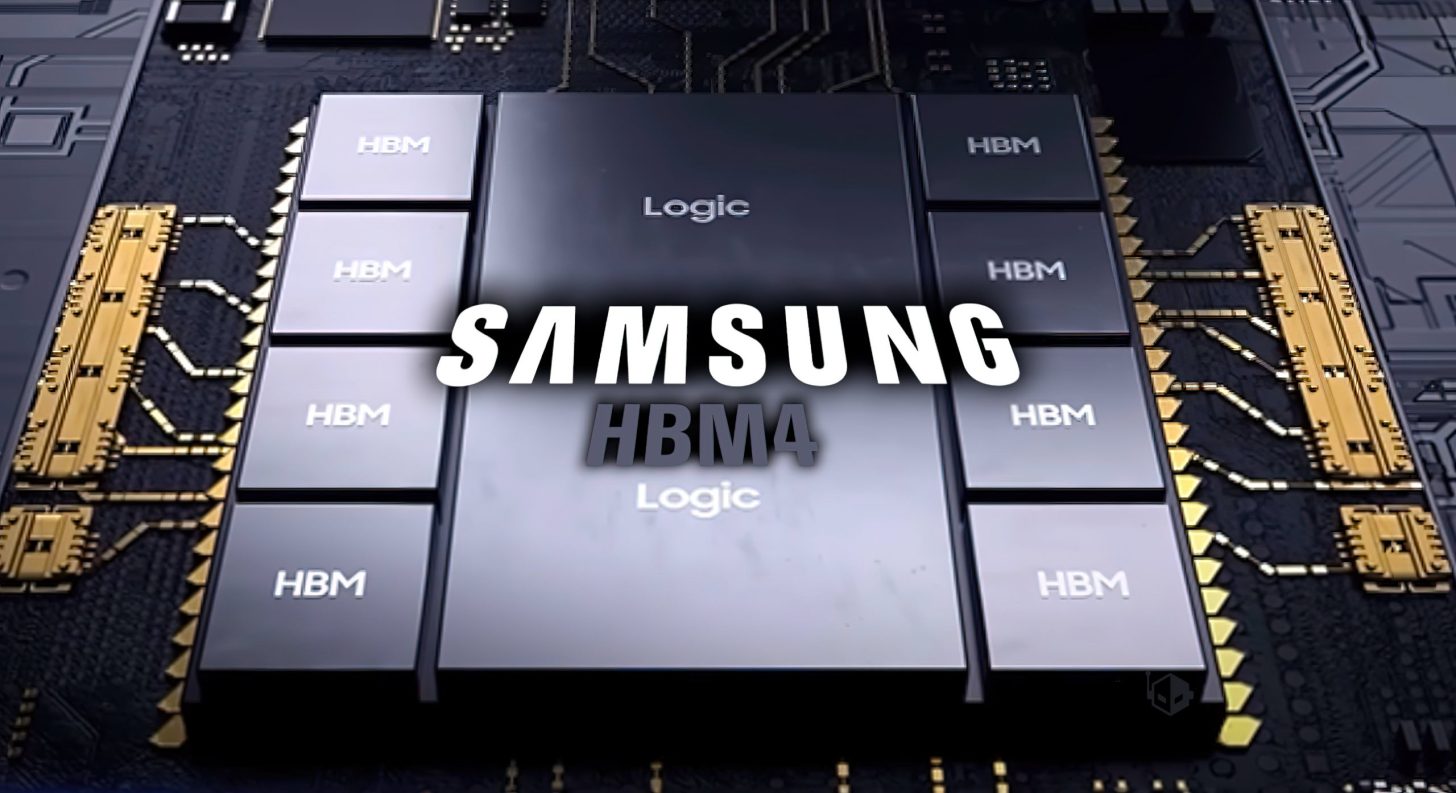Samsung has made headlines with its latest achievement in the tech industry, securing a pivotal HBM4 supply deal with NVIDIA. This collaboration signifies a major step forward for both companies, as they aim to lead advancements in AI technology. With Samsung’s cutting-edge HBM4 technology, the partnership is poised to accelerate innovation in future AI applications.
Samsung’s HBM4: A Breakthrough in Speed and Efficiency
The Korean tech giant has become one of the first to supply NVIDIA with its revolutionary HBM4 technology. This collaboration was recently announced, highlighting the importance of Samsung’s HBM4 in the partnership. Samsung has taken the lead in the DRAM manufacturing sector, marking a significant achievement. The HBM4’s high bandwidth and energy-efficient design are expected to significantly enhance the development of AI applications, providing a strong foundation for technology-driven manufacturing infrastructure.
In their joint efforts, Samsung and NVIDIA are leveraging HBM4’s unprecedented bandwidth and efficiency. Built with Samsung’s 6th-generation 10-nanometer (nm)-class DRAM and a 4nm logic base die, the HBM4 can achieve processing speeds of 11 gigabits-per-second (Gbps), surpassing the JEDEC standard of 8Gbps.
One of the key reasons for Samsung’s inclusion in NVIDIA’s supply chain is the unmatched processing speed of the HBM4, reaching up to 11 Gbps. This speed exceeds the offerings of competitors like Micron and SK hynix. As NVIDIA prepares for the release of the Rubin AI lineup, securing top-tier HBM4 solutions is crucial, especially given the competition from AMD’s Instinct MI450 series. This necessity has cemented Samsung’s crucial role in NVIDIA’s HBM supply chain.

A New Era for Samsung’s HBM Business
This announcement could represent a significant turnaround for Samsung’s HBM business, which has struggled in recent quarters due to slowed progress with HBM3. However, recent developments have been favorable for Samsung, as the company now holds an early advantage with its HBM4 technology. This achievement not only reestablishes Samsung in the industry but also intensifies competition in the HBM segment. Samsung’s recent success is likely to spur SK hynix and Micron to rethink their HBM4 strategies.
